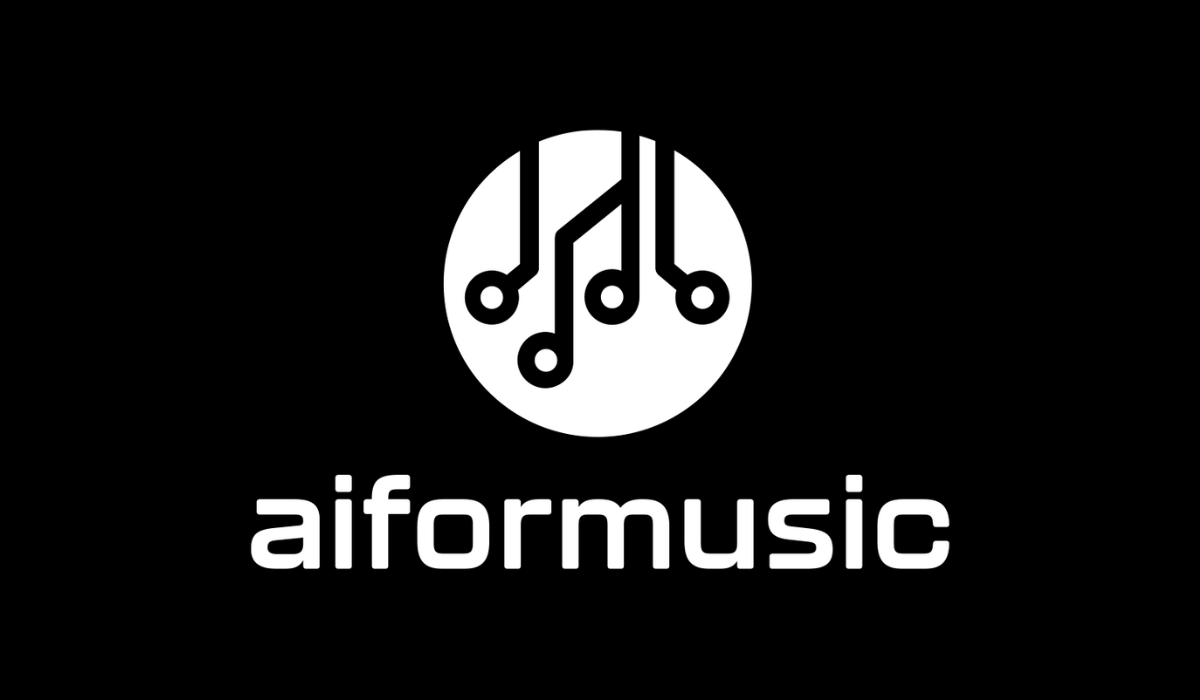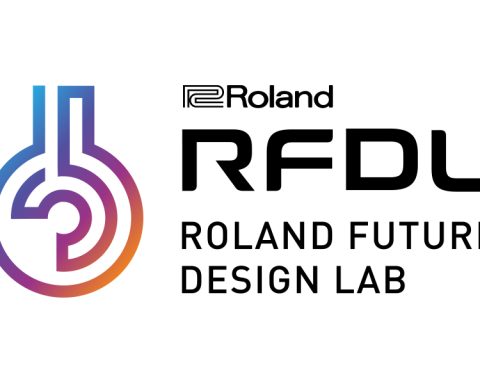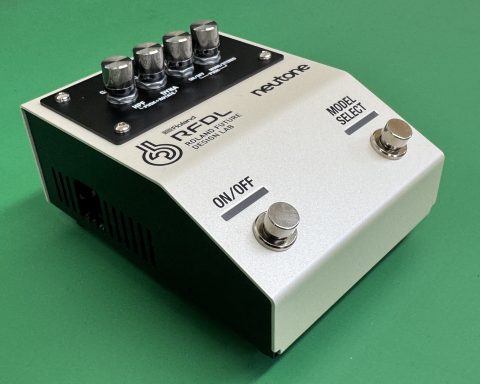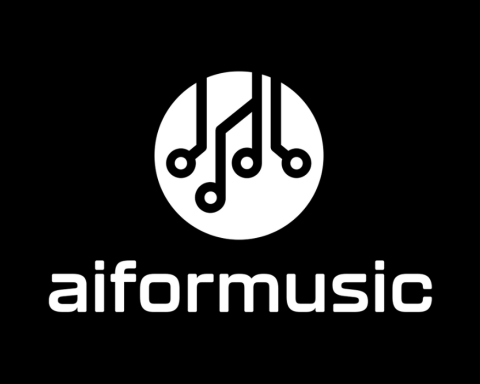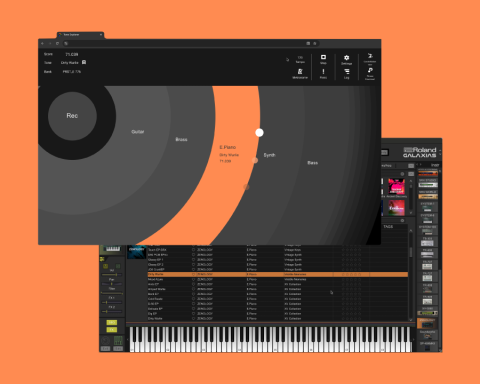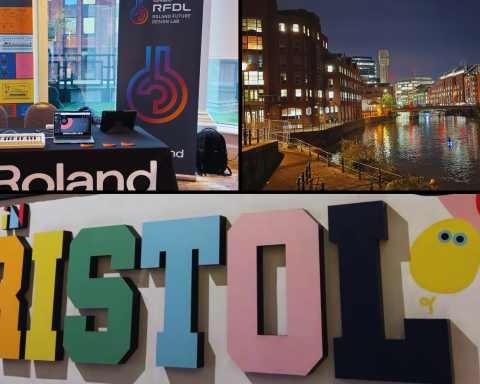The music industry has undergone a significant shift over the span of just a few years, as technology and artificial intelligence (AI) have started to play a bigger role in the creative process. While it’s easy to see the benefits of these tools, many artists and producers have feared the potential risks they pose. Regardless, one thing is certain: AI is here to stay. And for that reason, we must adapt to the ever-evolving technological landscape and find ways to work with it responsibly, rather than against it.
That’s why Roland Corporation and Universal Music Group (UMG) announced a strategic collaboration to empower human artistry in March 2024. Through this collaboration, Roland and UMG published The Principles for Music Creation with AI, which aims to promote equity, foster transparency, and safeguard human creativity amid rapid industry progress.
Now, with nearly 150 supporters and growing, companies and organizations can join the movement by committing to protecting human work and the responsible development of AI for music creation. Current supporters include NAMM, Native Instruments, Avid, Splice, and SoundCloud, among many others.
The Birth of the AI For Music Initiative
Paul McCabe, Senior Vice President of Research and Innovation at Roland Future Design Lab (RFDL), provides insight into the initiative’s growth that quickly evolved after their first wave of partners in the music products industry. “UMG brought a few interesting, non-musical instrument brands into the conversation. We then started to get into a wave of educational partners, who are all very influential in the AI space,” McCabe says.
“But the surprise for me was, in a matter of months, generative AI web app companies started to approach us. These are brands that have been trying to do AI the right way from the very beginning,” he explains. “They’re using generative AI but applying it responsibly, and they were so excited to see something like AI For Music that they could align with.” Since this is a technology that affects nearly everyone in every industry, the initiative has attracted a wide range of companies, so McCabe sees a lot of potential for further growth.
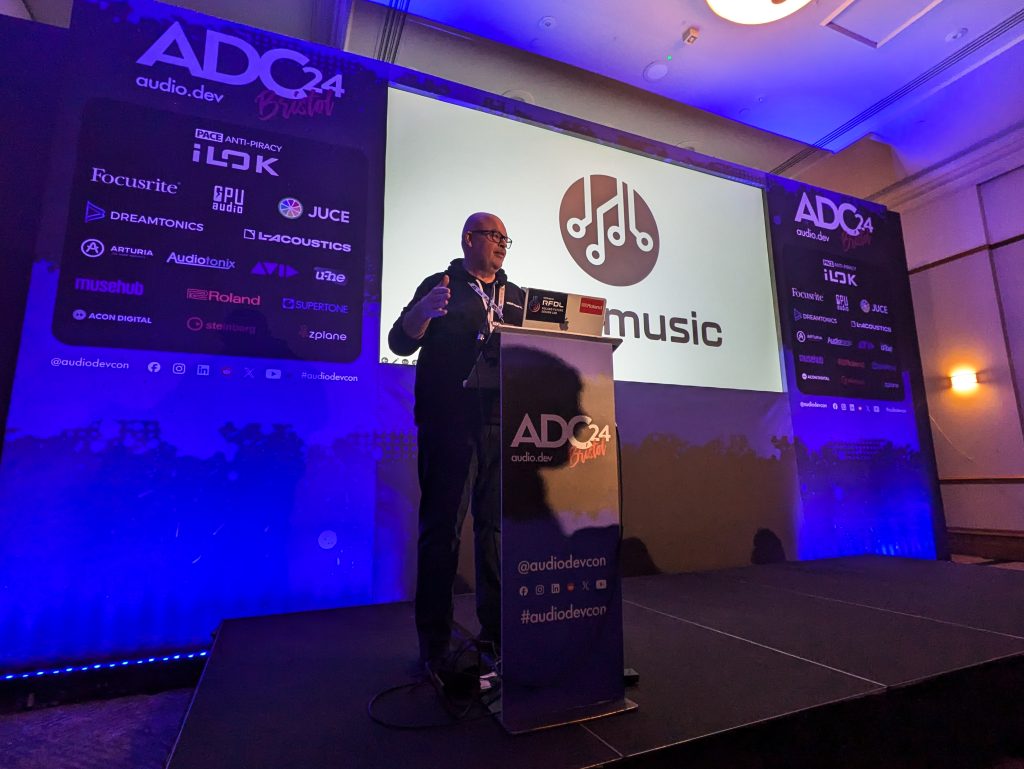
McCabe highlights the cultural significance of Roland’s involvement in developing and promoting the principles. “The fact that Roland is involved shows a real change and underscores the urgency we all feel. I was excited and, honestly, proud to see us take a stand,” he says.
“We need to make sure we’re continually seeking the voice of music creators and music industry stakeholders—that we’re not innovating in a vacuum,” McCabe adds. The environmental implications are also important to consider. “The infrastructure that hosts these massive AI foundational models is becoming increasingly powerful and power-demanding, so we encourage music companies to take a sustainable approach and really consider the environment as they innovate.”
"We need to make sure we’re continually seeking the voice of music creators and music industry stakeholders—that we’re not innovating in a vacuum."
Paul McCabe
Focus on AI and Creativity
McCabe explains that Roland’s Future Design Lab was created explicitly to explore how advanced technologies, including AI, can enable or enhance music creation. “AI became an early focus for RFDL because of its disruptive potential,” he says. At that point, Roland had already incorporated some AI features into products. But the rise of ChatGPT in November 2022 demanded that they place more focus on human-aligned policy and governance mechanisms.
In 2024, Roland Future Design Lab made available a technology preview (an early version of a product shared with the public for feedback and evaluation) of Tone Explorer, an AI-assisted function created to help users match musical ideas with the right sounds.
Tone Explorer uses something called metric learning to look for matches between different musical and tonal qualities. This is one small example of how AI can help guide creativity while being used responsibly. McCabe emphasizes that Roland intends to be upfront about their AI goals. “With AI For Music, we’re establishing a governance model where brands and creators hold themselves accountable for their actions, data, and outputs.”
“With AI For Music, we’re establishing a governance model where brands and creators hold themselves accountable for their actions, data, and outputs.”
Paul McCabe
The Strategic Importance of Partnerships
While it can be seen as an embodiment of a “MIDI moment” for the modern age, this partnership aims to address a much deeper issue: How do we protect human creativity in the face of rapidly advancing AI?
McCabe notes that Roland’s founder took a collaborative approach from the outset. The company’s history is rooted in building bridges—connecting musicians, developers, and companies—and that spirit continues today. This effort with UMG further proves Roland’s belief that industry-wide collaboration is necessary to set standards and protect creators around the world.
Expanding Support
The movement isn’t just about industry insiders; it also involves academic institutions and AI developers. “We started with a few partners, just a year ago,” McCabe explains. “Now, we’re approaching nearly 150, with aspirations to double that within the next year. We want to create a resource: a categorized database of responsible products and services—that music creators can trust and rely on.”
He envisions a future where music creators can access a comprehensive, up-to-date resource that helps them make informed, responsible choices regarding AI tools. “The goal is to empower creators to navigate AI confidently,” says McCabe. He sees the company contributing to a future where rights holders retain full ownership and control, artists are protected, and AI serves as a tool that enhances and empowers, not replaces, human expression.
“The need to align AI in the service and protection of humanity and, in this case, human creativity, is arguably the most important issue that faces the planet."
Paul McCabe
The Urgency of Responsible AI Development
AI technology is advancing rapidly—faster than policymakers and most companies and organizations can keep up with—which is why government action and industry cooperation are crucial. McCabe and Roland understand that the future of not only the music industry but also human expression is at stake.
“The need to align AI in the service and protection of humanity and, in this case, human creativity, is arguably the most important issue that faces the planet. From a technology perspective, there is no more important question. The stakes are so much higher,” McCabe says.
In the end, it’s all about keeping a watchful eye on the future. “Aligning the music industry around protecting and enhancing human creativity, not only for our industry but as an example for other industries and other walks of life,” he says. “I don’t know that there is a more important thing we could be thinking about right now.”

